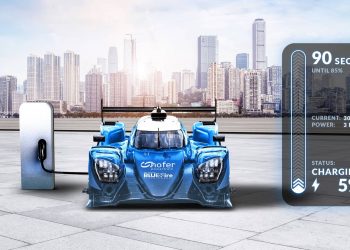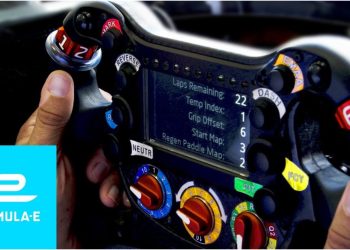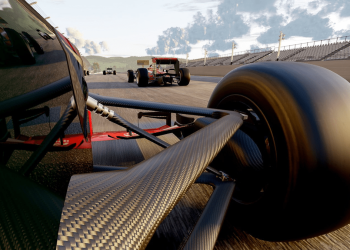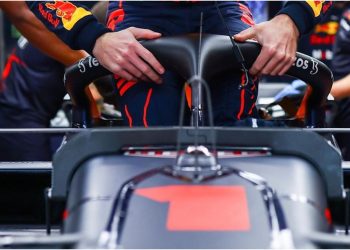Sustainable mobility commitment goes far beyond reducing carbon footprint emissions from gasoline or diesel combustion engine vehicles, because keeping a balanced ecosystem regarding waste dumped on forests and beaches also plays a key role.
A test conducted in The Hague, the Netherlands, fulfilled expectations at 100% after an autonomous robot capable of identifying cigarette butts on the sand, a problem affecting the planet but which many people are probably unaware of.
4.5 billion cigarette butts end up in several places around the world, many of them into the sea causing polluting emissions, as a single butt takes up to 14 years to decompose, and if that were not enough, in the process it releases up to 30 chemicals substances that were used to manufacture it.

Related content: France innovates on road safety with autonomous radars
Unfortunately, it is common to find this type of waste on beaches, so two Delft Technical University students set to work to create an autonomous robot that contributes significantly by removing all cigarette butts from the sand.
The robot uses artificial intelligence called “BeachBolt, BB”, a sophisticated system which identifies, picks up and stores the butts in a tank. It is 80 centimeters wide with an all-electric mechanism capable of providing up to 30 minutes of autonomy.
Testing “BeachBolt, BB”
After its construction, it was time to put it under test. The robot exceeded expectations being able to pick up 10 cigarette butts during its full autonomy (30 minutes) by using its program providing information on the object concerned and then pick it up from the sand using its built-in artificial recognition.
Written by | Ronald Ortega












